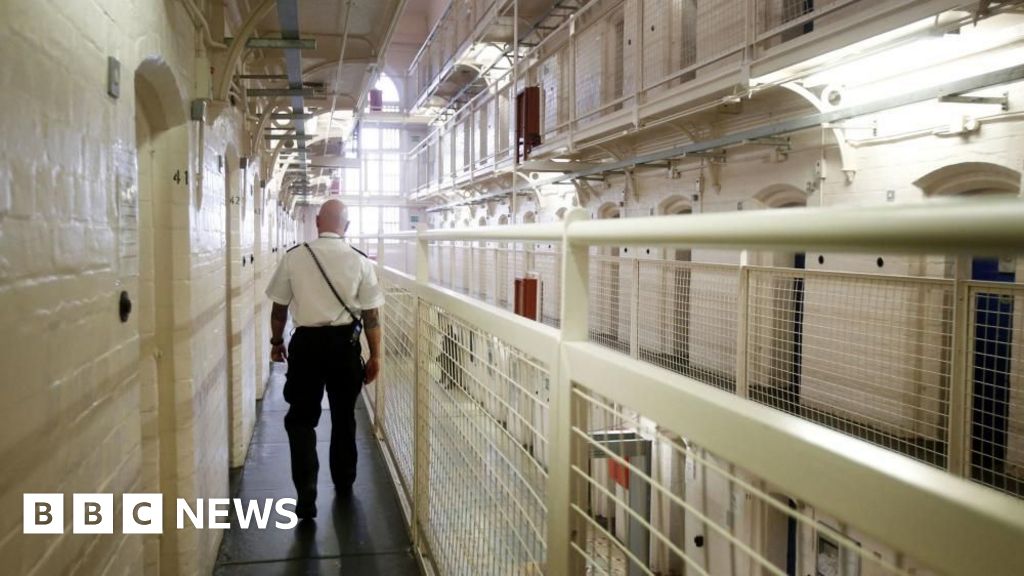ARTICLE AD BOX
Some MPs are delighted Donald Trump will be America’s president again.
"I’m emphatic the world is a safer place now that we have Donald Trump in the White House," Suella Braverman, the former Conservative home secretary, told the BBC.
Others are pleased, but most, from all parties, offer a rather more fruitily negative view about the president-elect’s victory, ranging from the mildly concerned to the downright horrified.
Plenty, too, ponder what Trump's win might say about the more conventional political class being so tin-eared about the concerns of millions and millions of people that he has triumphed again.
What might that mean for British politics in the future?
It is an issue the prime minister has been alive to ever since he won the general election.
One cabinet minister I spoke to the other day waxed lyrical about plans for their connections with a Harris administration.
And what happens if Trump wins? I asked.
"Who knows" was the sentiment of their reply, albeit expressed more crudely.
That is not to say the government hasn’t put in the ground work in recent months.
It has.
But planning for a potential scenario is different from dealing with its reality – and that reality starts now.
First up, the call between the prime minister and the president-elect, seeking, in Downing Street’s description of it, to describe a tone of warmth, even bonhomie between the socialist former human rights lawyer and the billionaire wheeler-dealer New Yorker.
“The prime minister offered his hearty congratulations," we were told, adding "the leaders fondly recalled their meeting in September" – a reference to their first get together at Trump Tower in New York.
"Hearty" and "fondly" stand out to me, given how anodyne and bland these statements so often are.
The read-out of the call from No10 also seeks to leverage "President-elect Trump’s close connections and affinity to the United Kingdom" - his mum was born on the Hebridean island of Lewis.
But just how Anglophile is he really, some ponder, given his mantra of "America First"?
Sir Keir had the conversation on his mobile in his office next to the cabinet room in No 10.
Team Trump rang the prime minister, after the government had requested a call with them to send their congratulations.
I’m told Trump had spoken to some other leaders first, but seemingly not many.
The plea from some in government, to themselves and an audience beyond Westminster, is to judge Trump by his actions, not by his words.
The verbal fireworks seem inevitable: that is the Trump way but don’t get distracted by them, is the mantra for some.
Not least because brash controversy and wild unpredictability is just the start of it. There is policy to think about too.
Take Ukraine.
If the soon-to-be president starts cutting support for Kyiv, how does Europe respond?
Does it remain broadly united or start to splinter?
If he demands again as he often has that Europe pays more for its defence, does it?
Can the British government afford to crank up defence spending more quickly? Can it afford not to?
Then there is climate change - and then the crucial issue of trade.
The president-elect has talked up the prospect of huge tariffs or import taxes on goods being brought into the United States.
What might this mean for Sir Keir Starmer’s central mission to try to catalyse economic growth?
If the European Union responds with retaliatory measures of its own, how should the UK respond?
Hug Europe close, or use the flexibilities of Brexit to choose a different approach?
Those who observed the first Trump administration closely tell me his significant mandate this time, and the wider Republican victories, mean the next president will be less restrained than last time.
They are better prepared to ensure they get their own people into the right jobs to get done what they want to get done and more quickly.
The implications, choices, trade-offs and dilemmas for the UK provoked by what has just happened in America are legion.

 5 months ago
19
5 months ago
19








 English (US) ·
English (US) ·